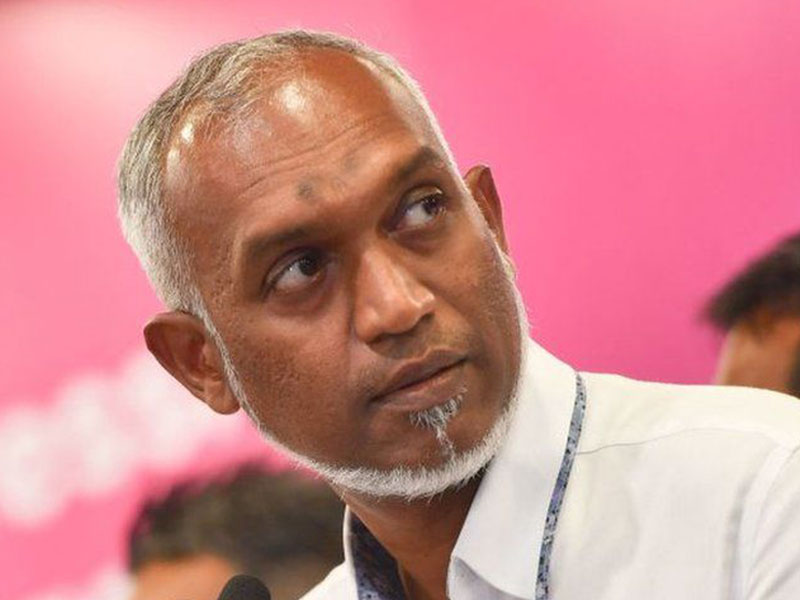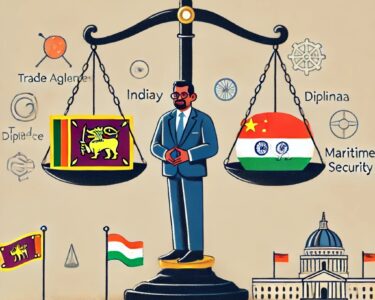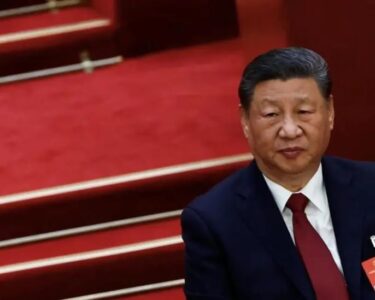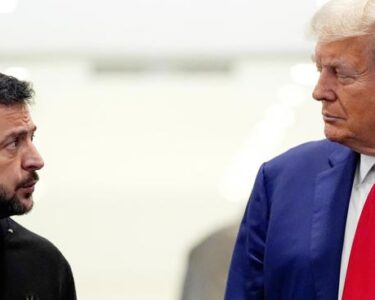A political storm swirls over the Maldives, threatening to topple President Mohamed Muizzu. His bold challenge to India’s traditional clout in the island nation has triggered a domestic power play and potentially paved the way for his ouster.
Muizzu’s assertive stance, dismantling the Indian military presence, halting a key hydrographic survey agreement, and reviewing inherited India-Maldives deals have ruffled feathers in New Delhi. But it’s his vulnerability within the Maldivian parliament that truly imperils him.
The Maldivian Democratic Party (MDP), holding a dominant majority in the Majlis (parliament), has maneuvered to potentially impeach Muizzu. A parliamentary committee’s controversial proposal seeks to exclude resigned-minister MPs from the “full membership” count for impeachment purposes, granting the MDP a two-thirds majority without needing opposition support.
This interpretation of the constitution’s ambiguity about “full membership” is fiercely contested, leaving the door open for Muizzu to fight back in the Supreme Court. But with the MDP’s grip on the parliament, the committee’s recommendation is likely to pass, casting a long shadow over Muizzu’s presidency.
His options are limited. He can challenge the “full membership” interpretation in court, hoping for a favorable ruling. Alternatively, he can rally his party, the People’s National Congress (PNC), to win the 2024 Majlis elections and wrest control of parliament. Both pathways are fraught with uncertainty.
Meanwhile, Muizzu’s bold gambit on India carries its own risks. New Delhi, while frustrated, hasn’t shown significant aggression. However, alienating India without securing alternative partnerships, particularly amidst China’s growing regional influence, could expose the Maldives to economic and geopolitical vulnerabilities.
The potential fallout for Muizzu is severe. Impeachment could not only derail his presidency but also destabilize the Maldives’ political landscape. Moreover, jeopardizing relations with India without securing other reliable partners could harm the nation’s security and economic interests.
Muizzu stands at a crossroads. His stance against India resonated with some Maldivians who yearn for greater independence, yet it has left him dangerously exposed at home and potentially isolated on the international stage. Navigating this political minefield, navigating domestic pressures, Indian displeasure, and China’s rising presence, will be crucial for Muizzu’s political survival and the Maldives’ future stability.







